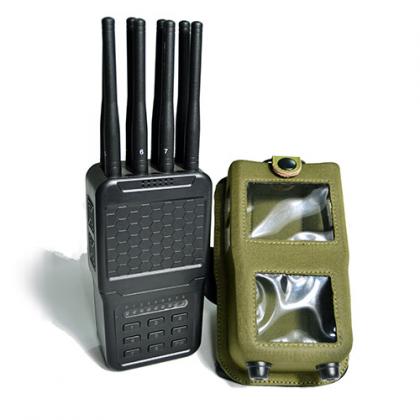Gone are the days when only computer science engineers were needed to develop software and electrical engineers only needed to deal with camera signal jammer hardware. Therefore, non-computer engineers, especially electrical engineers, have a growing tendency to learn at least one programming language, of which C++ is the main example. What does C++ mean to electrical engineers? With the advancement of the Internet of Things, artificial intelligence, wireless surveillance camera technology, driverless cars, robotics and other technologies, the communication/data retrieval requirements from small integrated circuits to large motors have greatly increased. Usually, a third-party tool is run on the computer or a custom code segment written in a programming language (consider C, C++, Java, Python, etc.) is used to communicate with the monitoring shield device.

Regardless of the specific field of electrical engineering (signal processing, microelectronics and control systems are just a few of the many examples), there is always a large amount of data to be analyzed for monitoring jammers. Although you can easily store any type of data using more accessible software types (such as Microsoft Excel), it is difficult to find software (or tools) that can extract meaningful information from it in terms of data analysis. The user's raw data. Fortunately, engineers do not have to spend a lot of time manually analyzing data, but can use programming languages (including C++, of course) to create programs that can quickly analyze data. In addition, in addition to implementing complex data analysis, engineers can also use C++ for other reasons: considering options for simulating problems, testing various parts of the camera jammer, designing models of algorithms, running automated test cycles, etc.
What type of electrical engineer can use C++? Whether it is a simple logic block or a complex signal processing module, C++ is ideal for simulating any design algorithm.
